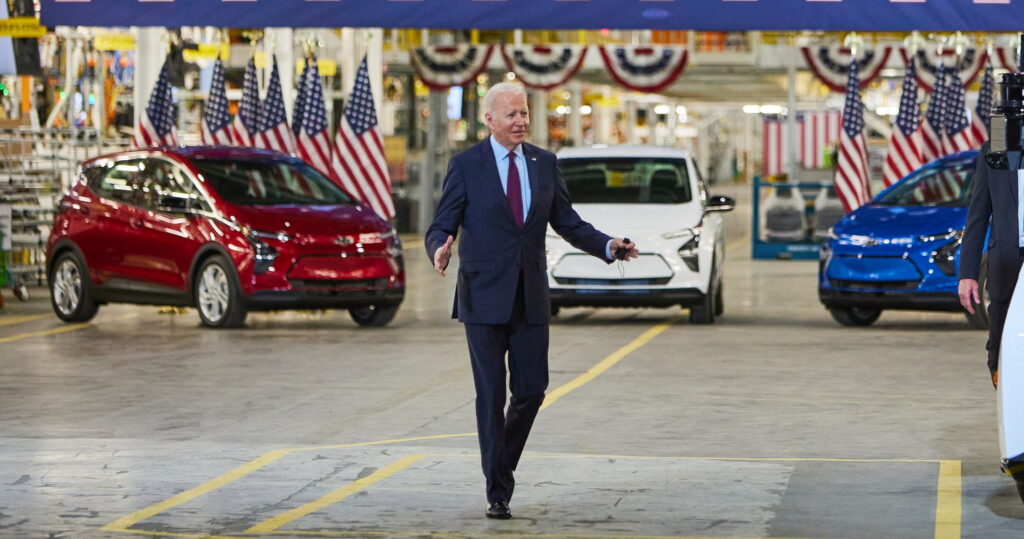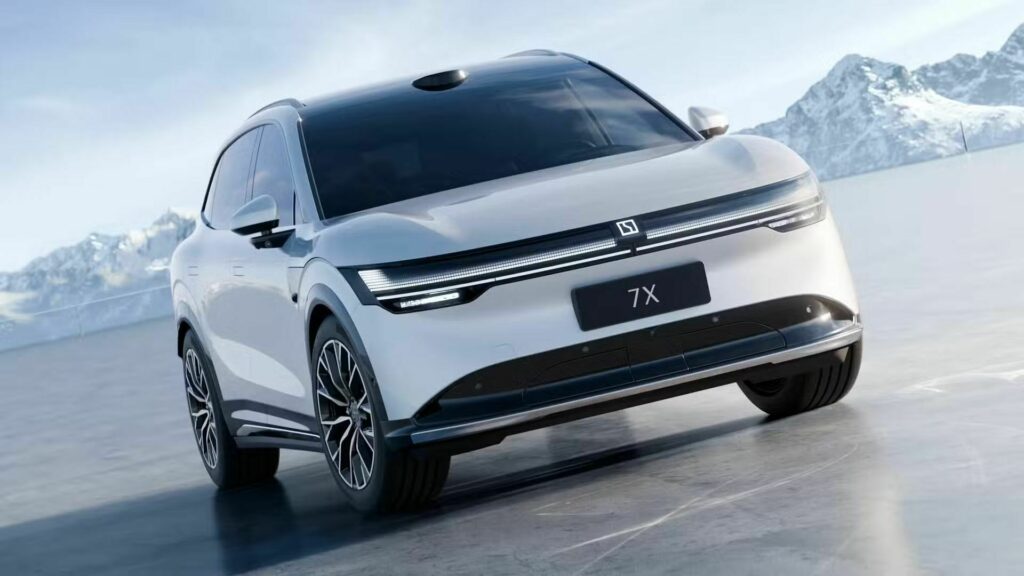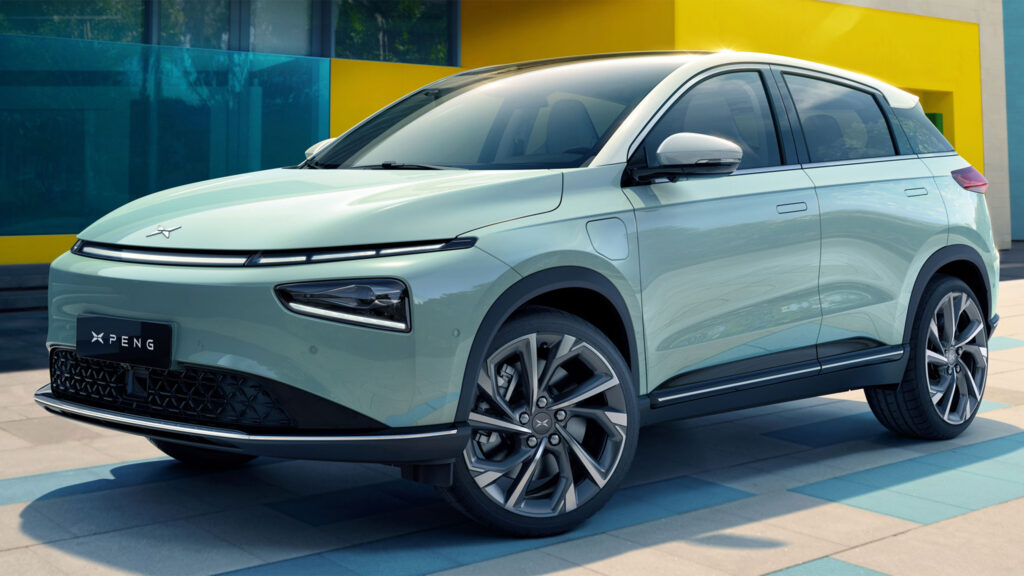- White House National Security advisor Jake Sullivan recently met with Chinese President Xi Jinping in Beijing.
- New tariffs were originally scheduled to take effect on August 1 but were delayed twice.
- The development comes shortly after Canada also announced a new 100% tariff on Chinese EVs.
The U.S. has delayed an announcement to confirm its final determinations for new tariffs on electric vehicles, batteries, semiconductors, and solar cells manufactured in China.
The Biden administration first announced the planned tariff increases several months ago. These include 100% duties on EVs, a 50% tariff on semiconductors and solar cells, and 25% on key lithium-ion battery minerals, as well as steel and aluminum. These tariff hikes were due to be implemented on August 1 but were delayed until August 31. Late last week, they were delayed once again.
Read: Xpeng’s Mona M03 Is One Of China’s Cheapest Electric Sedans At $16,800
This latest delay comes shortly after White House National Security Advisor Jake Sullivan visited Beijing and spoke with several senior Chinese officials. Auto News reports Sullivan’s visit included a meeting with Chinese President Xi Jinping where the two sides emphasized the need to manage the U.S.-China relationship, which, at times, has been tested.
“[The U.S. Trade Representative] continues to develop the final determination regarding proposed modifications of the actions in the Section 301 investigation of the People’s Republic of China’s Acts, Policies, and Practices Related to Technology Transfer, Intellectual Property, and Innovation,” a spokesperson revealed on Friday. “As USTR continues this work, we expect to make the final determination public in the coming days.”

It’s unclear if the planned tariffs will be eased, but determining their future will be one of the most important decisions the Biden administration has had to make since Kamala Harris was confirmed as its presidential nominee. Ford has called on the U.S. to ease the proposed 25% duty on graphite used in battery anodes, asserting that it’s still too dependent on Chinese suppliers.
Any potential changes to the tariffs would come just days after Canada followed in the footsteps of the U.S. in announcing a 100% surtax on Chinese-made EVs, effective October 1. Following a lengthy investigation, the government determined that Chinese EVs benefit from “unfair, non-market policies and practices,” that include an “intentional, state-directed policy of overcapacity.”




